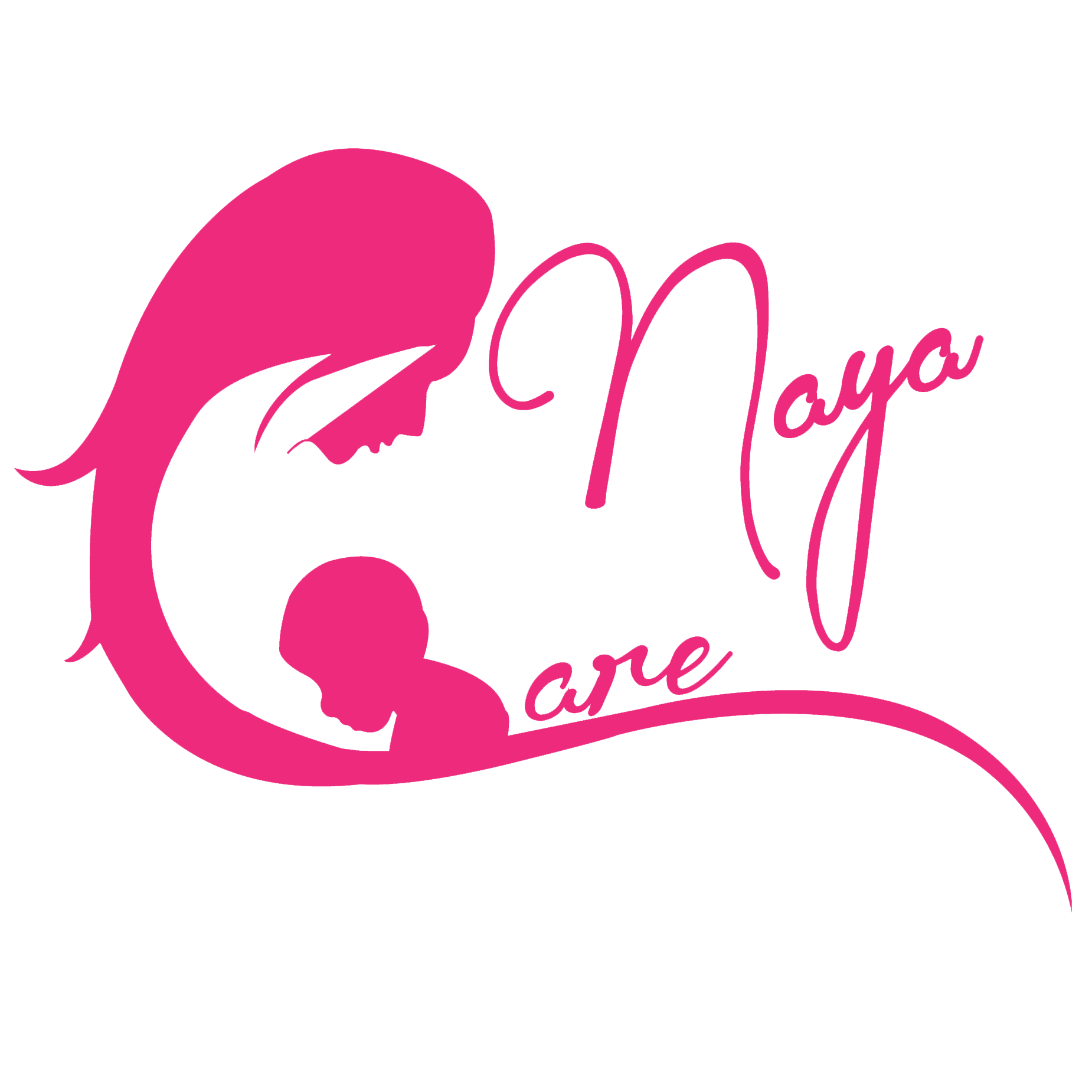Matrescence is a term used to describe the new motherhood experience and the physical, emotional, and psychological changes that occur in a woman’s body during the postpartum period. The term matrescence was first coined by Dr. Alexandra Sacks, a reproductive psychiatrist, and used by researchers such as Dr Aurelie Athan from the Department of Counseling and Clinical Psychology, Teachers College, Columbia University in New York, and author of “The Postnatal Depletion Cure: A Complete Guide to Rebuilding Your Health and Reclaiming Your Energy for Mothers of Newborns, Toddlers, and Young Children” Dr Oscar Serrallach has since gained recognition as an important aspect of postpartum care. This transition can be a challenging time for many mothers, but it is important to understand the changes that occur during matrescence in order to better navigate the postpartum period.
In an article by matrescence activist Amy Taylor Kabbaz points to medical anthropologist Dana Raphael’s take on matrescence.
“The critical transition period which has been missed is matrescence — the time of mother-becoming,” Raphael said. “Giving birth does not automatically make a mother out of a woman … The amount of time it takes to become a mother needs study.”
As a result, it is impowertant for everyone to know what happens during matrescence and how to navigate through a time of identity, physical, emotional and pscyhological changes in a new mother, and how to support her.
Here are 5 things that happen with matrescence:
- Hormonal Changes: One of the biggest changes that occur during matrescence is hormonal fluctuations. After giving birth, women experience a rapid decline in hormones such as estrogen and progesterone, which can result in physical symptoms such as mood swings, headaches, fatigue, and hot flashes. Hormonal changes also play a role in the development of postpartum depression and anxiety, so it is important for mothers to be aware of these changes and to seek help if necessary.
- Physical Recovery: The physical recovery from giving birth can be a long and challenging process. During early motherhood, women may experience discomfort and pain as their bodies heal from the birth process. This can include abdominal soreness, pelvic pain, and incision pain if a woman had a cesarean section. Birthing mothers may also experience difficulty with bladder control, vaginal dryness, and sexual dysfunction. It is important for women to take care of themselves physically during this time and understand that it’s ok to be selfish about sleep, naps, and just lying down. Drinking adequate water, water with electrolytes and nutrition are key in long term healing. Snacks, fruits, and nuts are easy options for in between the three meals. Seek help if any concerns arise that make you worried or uncomfortable. Don’t forget to ask for a pelvic physical therapist referral at your 6 week postpartum appointment.
- Emotional Changes: The emotional changes that occur during matrescence can be intense and difficult to navigate after birth. Many women experience feelings of sadness, postnatal depression, anxiety, guilt, and irritability. This can be caused by hormonal changes, physical discomfort, and the stress of adjusting to life with a new baby. It is important for women to seek support from friends and family. Be open with your feelings with your partner and to talk to their healthcare provider if emotions are overwhelming. Seeking a postpartum doula or therapist is also a great option for maintaining wellbeing.
- Changes in Identity: During matrescence, the new mother identity may feel like having an entirely new identity as they adjust to their new role as a mother. This can include feelings of loss of self, uncertainty about their abilities as a parent, and a shift in priorities. It is important for women to seek support from others during this time, and to understand that these feelings are normal.
- Changes in Relationships: The postpartum period can also bring about changes in relationships. Women may experience tension in their relationships with their partners, as they navigate the roles as new parents and responsibilities of parenthood. Relationships with friends and family may also change as women prioritize their role as a mother. It is important for women to communicate their needs and to seek support from their loved ones during this time.
Matrescence is an important aspect of a mother’s birth story. As such, it becomes an important part of the identity of any birthing person. As a result, postpartum care should not be overlooked. Understanding the physical, emotional, and psychological changes that occur during this time can help mothers better navigate the postpartum period. It is important for women to seek support and care during this transition, and to understand that these changes are normal and a natural part of the matrescence process. Additionally, the good enough mother approach is important for the new mom to be sincere in her preoccupation with being a mother and provide a holding environment that is attuned to her child’s changing needs during the fourth trimester. If you are a mother and are feeling overwhelmed, it is important to reach out to your healthcare provider for help or contact us to help navigate your needs and right care. Interestingly enough, fathers go through their own transformation entitled patrescence .
Want more? Download a free copy of Dr. Sonal Patel’s bestseller, The Doctor & Her Black Bag: How old fashioned care tackles maternal mortality and benefits America’s economy.

